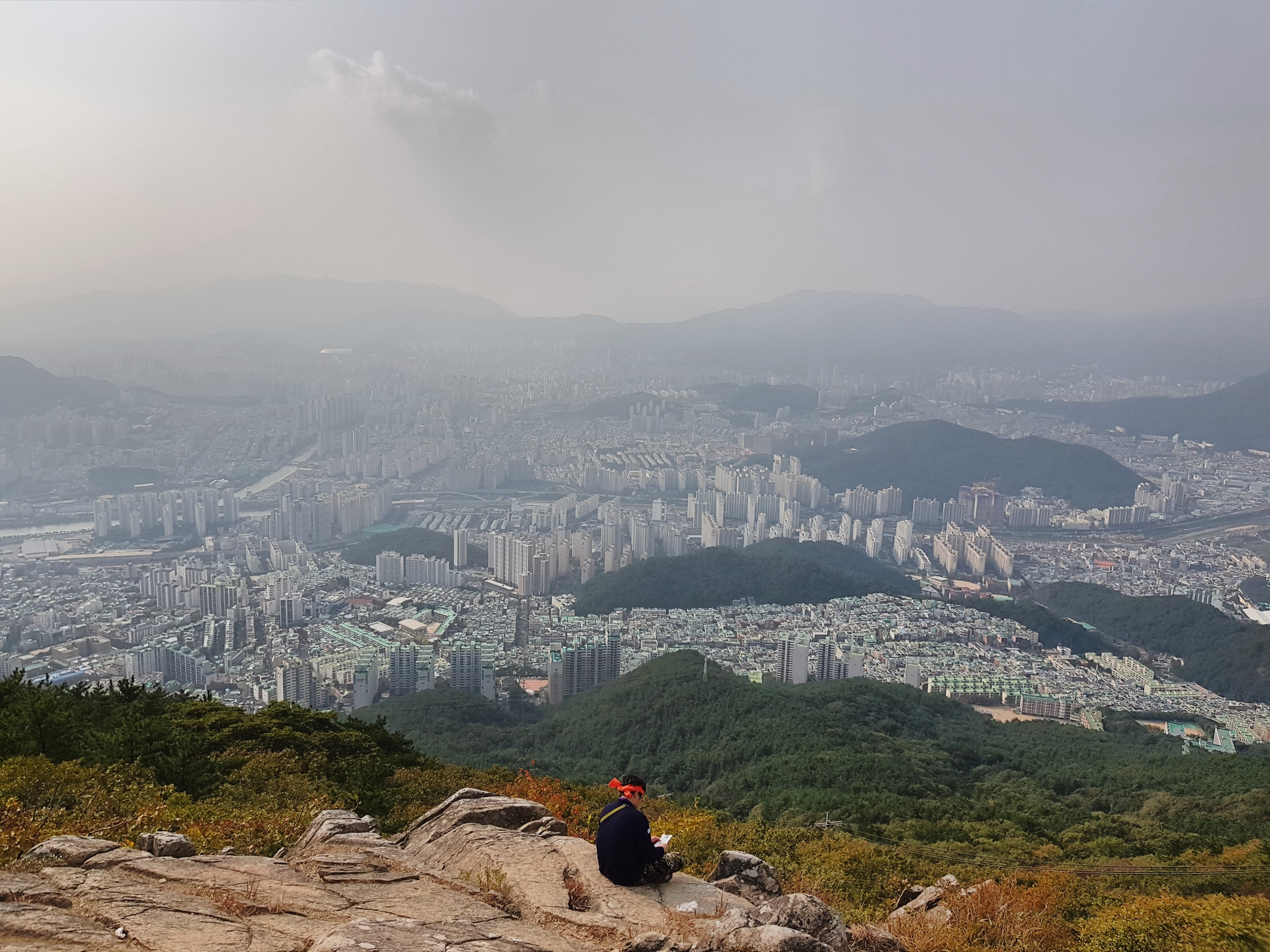Busan is a coastal city located in the southeast of South Korea and is the country’s second-largest metropolis after Seoul. With its beautiful beaches, traditional temples, and modern cityscape, Busan is a city that has something to offer for everyone.
The history of Busan dates back over 2,000 years, and the city has a rich cultural heritage that is reflected in its many historic temples, shrines, and other cultural landmarks. Some of the city’s most famous historic sites include the Beomeosa Temple, a beautiful Buddhist temple that dates back to the 7th century, and the Haedong Yonggungsa Temple, a seaside temple that offers stunning views of the ocean.
One of Busan’s most famous attractions is its beaches. With its beautiful coastline, Busan is home to several of South Korea’s most popular beaches, including the popular Haeundae Beach and Gwangalli Beach. These beaches are known for their soft sand, clear waters, and lively atmosphere, and they attract millions of visitors each year.
In addition to its beautiful beaches, Busan is also known for its modern cityscape. The city is home to several towering skyscrapers, bustling shopping districts, and cutting-edge cultural venues, including the Busan Cinema Center, a state-of-the-art movie theater that is one of the largest in the world.
Another important aspect of Busan is its rich culinary heritage. The city is known for its seafood, and visitors can find a wide variety of fresh seafood dishes at its many seafood markets and restaurants. Some of the most popular seafood dishes in Busan include hwae, a dish made with raw fish, and Busan-style fried chicken.
Finally, Busan is also a city of festivals, and it is home to several important cultural events throughout the year. The most famous of these is the Busan International Film Festival, which takes place each year in October and attracts thousands of visitors from around the world.
Busan is a city that has something to offer for everyone. With its beautiful beaches, historic temples, modern cityscape, rich culinary heritage, and vibrant festival scene, Busan is a city that is sure to leave a lasting impression on everyone who visits. Whether you’re looking for relaxation, adventure, or cultural experiences, Busan is a city that is sure to deliver.
History
Busan, located in the southeast of South Korea, is a city with a rich and diverse history that dates back over 2,000 years. From its early days as a small fishing village to its present-day status as a bustling metropolis and one of South Korea’s most important cities, Busan has played a significant role in the history of the region and the country as a whole.
The origins of Busan can be traced back to the Three Kingdoms period (57 BC-668 AD), when the city was established as a small fishing village. Over the centuries, Busan grew and developed, and by the Goryeo Dynasty (918-1392), it had become a major trading port and center of culture and commerce.
During the Joseon Dynasty (1392-1910), Busan’s importance continued to grow, and the city became a major center for shipbuilding and trade. In the 19th century, Busan was one of the first cities in Korea to open its doors to foreign trade, and this led to a period of rapid growth and modernization.
In the early 20th century, Busan became a major center of political and cultural activity, and it was one of the few cities in Korea that remained relatively unscathed during the Japanese occupation (1910-1945). After the end of the Korean War (1950-1953), Busan experienced rapid growth and modernization, and by the 1960s and 1970s, it had become one of South Korea’s most important cities and a hub of industry, commerce, and culture.
Today, Busan is a thriving metropolis with a rich cultural heritage and a strong economic base. It is a major center of commerce, industry, and tourism, and it is home to several important cultural and historic sites, including the Beomeosa Temple, the Haedong Yonggungsa Temple, and the Busan Cinema Center.
The history of Busan is a story of growth and change, from its early days as a small fishing village to its present-day status as one of South Korea’s most important cities. Whether you’re interested in its cultural heritage, its economic development, or its place in the history of the region and the country as a whole, Busan is a city with a rich and fascinating history that is sure to leave a lasting impression on everyone who visits.
Geology
Busan, located in the southeast of South Korea, is a city with a unique and diverse geology that has shaped its landscapes and played a significant role in its development and history. From its rugged coastline and towering mountains to its fertile plains and rolling hills, the geology of Busan has a profound impact on the city and its surroundings.
The geology of Busan is dominated by two major geological features: the Busan Basin and the Gyeongsang Basin. The Busan Basin is a large depression in the earth’s crust that formed as a result of tectonic activity, and it is characterized by a series of low-lying plains and rolling hills. The Gyeongsang Basin, on the other hand, is a large, elevated plateau that is surrounded by towering mountain ranges, including the Deogyusan Mountain Range and the Jirisan Mountain Range.
One of the most notable geological features of Busan is its rugged coastline. The city is located on the southeastern coast of South Korea, and its coastline is characterized by steep cliffs, rocky outcroppings, and beautiful beaches. The cliffs and outcroppings along the coast are the result of millions of years of erosion and tectonic activity, and they provide stunning views of the ocean and the surrounding landscapes.
Another important aspect of the geology of Busan is its rich mineral deposits. The city and its surroundings are rich in minerals such as iron, gold, and silver, and these minerals have played an important role in the city’s economic development. In the 19th and 20th centuries, Busan was a major center of mining activity, and the city’s mines produced significant quantities of iron, gold, and silver that were exported to other countries.
Finally, the geology of Busan is also important because of its impact on the city’s climate and environment. The city is located in a temperate climate zone, and its geography and geology play a major role in shaping its weather patterns and the local environment.
The geology of Busan is a complex and fascinating subject that has a profound impact on the city and its surroundings. From its rugged coastline and towering mountains to its rich mineral deposits and temperate climate, the geology of Busan is an important factor in shaping its landscapes, its economy, and its history. Whether you’re interested in the geological processes that have shaped the city, or the minerals and resources that lie beneath its surface, Busan is a city with a rich and diverse geology that is sure to capture your imagination.

